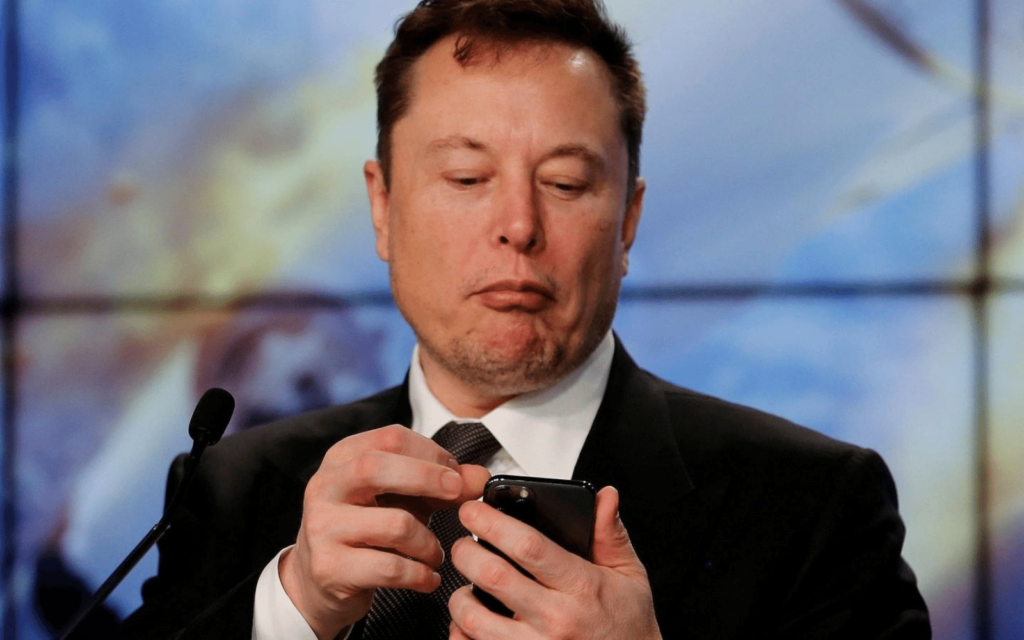When The New Yorker’s Ronan Farrow asked a Pentagon official for an interview, his spokesperson replied: “We’ll talk to you if Elon wants us to”. The New Yorker’s blockbuster feature has set tongues wagging around the world as it exposes just how dependent the United States has become on just one man. Call it state capture, Elon Musk style.
Iron Man’s Shadow rule
Musk has “become inescapable” in the works of NASA, the Department of Defense and Transportation, the Federal Aviation Administration, and the Occupational Safety and Health Administration. Current and former officials say they “now treat him like a sort of unelected official”.
“The government is now reliant on him, but struggles to respond to his risk-taking, brinkmanship, and caprice,” Farrow wrote. “One Pentagon spokesman said that he was keeping Musk apprised of my inquiries about his role in Ukraine and would grant an interview with an official about the matter only with Musk’s permission.”
The true extent of the South African’s “shadow rule” has been laid bare in the article. “Musk has become a hyper-exposed pop-culture figure, and his sharp turns from altruistic to vainglorious, strategic to impulsive, have been the subject of innumerable articles and at least seven major books, including a forthcoming biography by Walter Isaacson,” who wrote Apple boss Steve Jobs’ blockbuster biography.
Musk’s outsized role is best illustrated with his controversial handling of how the Ukrainian war effort against the Russian invasion hinged on Starlink’s internet service. These are low-earth orbiting satellites that provide internet connectivity without relying on land-based infrastructure like cellphone towers or fibre optics. These were some of the first critically important infrastructure targets the Russians took out.
But Starlink provided an essential pipeline – until Musk suddenly changed tack and demanded the Pentagon pick up the tab, an estimated $400m a year. As a Ukrainian signal corps soldier told Farrow: “It’s the essential backbone of communication on the battlefield”.
Colin Kahl, who was then the Under-Secretary of Defense for Policy at the Pentagon, found himself having to call Musk to prevent a disaster. “Even though Musk is not technically a diplomat or statesman, I felt it was important to treat him as such, given the influence he had on this issue,” Kahl told Farrow, the son of Mia Farrow and Woody Allen, who broke the Harvey Weinstein sexual abuse scandal.
As that debacle reached a crisis, one Pentagon official told The New Yorker: “Living in the world we live in, in which Elon runs this company and it is a private business under his control, we are living off his good graces”.
Then he added: “That sucks”.
To the outside observer, Musk’s abortive takeover of Twitter for $44bn (now worth half, according to Musk himself) has seemed chaotic and impulsive, but the bigger picture is much worse.
“Musk’s influence is more brazen and expansive,” wrote Farrow. “There is little precedent for a civilian’s becoming the arbiter of a war between nations in such a granular way, or for the degree of dependency that the US now has on Musk in a variety of fields, from the future of energy and transportation to the exploration of space.”
Musk’s SpaceX venture is the only way to resupply the International Space Station and get US astronauts into space. Meanwhile, Tesla’s charging stations are the de facto standard because there are so many already – and the Biden Administration backed down from pushing a universal charging standard because Musk disliked it.
This effectively means Musk has dictated the new standard for a technology that will undermine the next generation of electric vehicles.
Musk himself was asked during a podcast interview last year whether he has more influence than the American government. His immediate reply was “in some ways.”
General Mark Milley, the chairman of the US’s Joint Chiefs of Staff, told Farrow that he discusses “technology applications to warfare – artificial intelligence, electric vehicles, and autonomous machines” with Musk. “He has insight that helped shape my thoughts on the fundamental change in the character of war and the modernisation of the US military,” Milley told him.
Much more like Tony Stark it seems than merely the inspiration for the Iron Man character played by Robert Downey Jr. in the Avengers movies.
Read More: Beginning of the end: how Elon Musk’s removal of the block function on 𝕏 could trigger its hellish demise
Michael Vlismas, a South African journalist who went to the same high school, published a biography of Musk last year. For an update due out this year, he had a lengthy in-person interview with his father Errol Musk. “I am worried for Elon’s safety. At the beginning of last year, I sent an email to Elon expressing my concern that he is making political comments… I warned him that he is starting to make enemies,” Errol told Vlismas.
“Elon, you are an important guy. These people will just kill you. Be careful.” I asked him how his security was and he told me it was fine. Then I asked him who was appointing the people who appoint the people for his security? That’s how you have to look at it. I told him they will kill you for what you are saying and because of who you are. He went more and more political, and I could see it was becoming serious. He is now totally political’.”
Musk is also an investor in OpenAI, the company behind the generative AI chatbot that has taken the world by storm. Its CEO, Sam Altman, told The New Yorker that “Elon desperately wants the world to be saved. But only if he can be the one to save it.”
LinkedIn co-founder Reid Hoffman likened Musk’s attitude to “Louis XIV: ‘L’état, c’est moi.’” – meaning “I am the state”.
